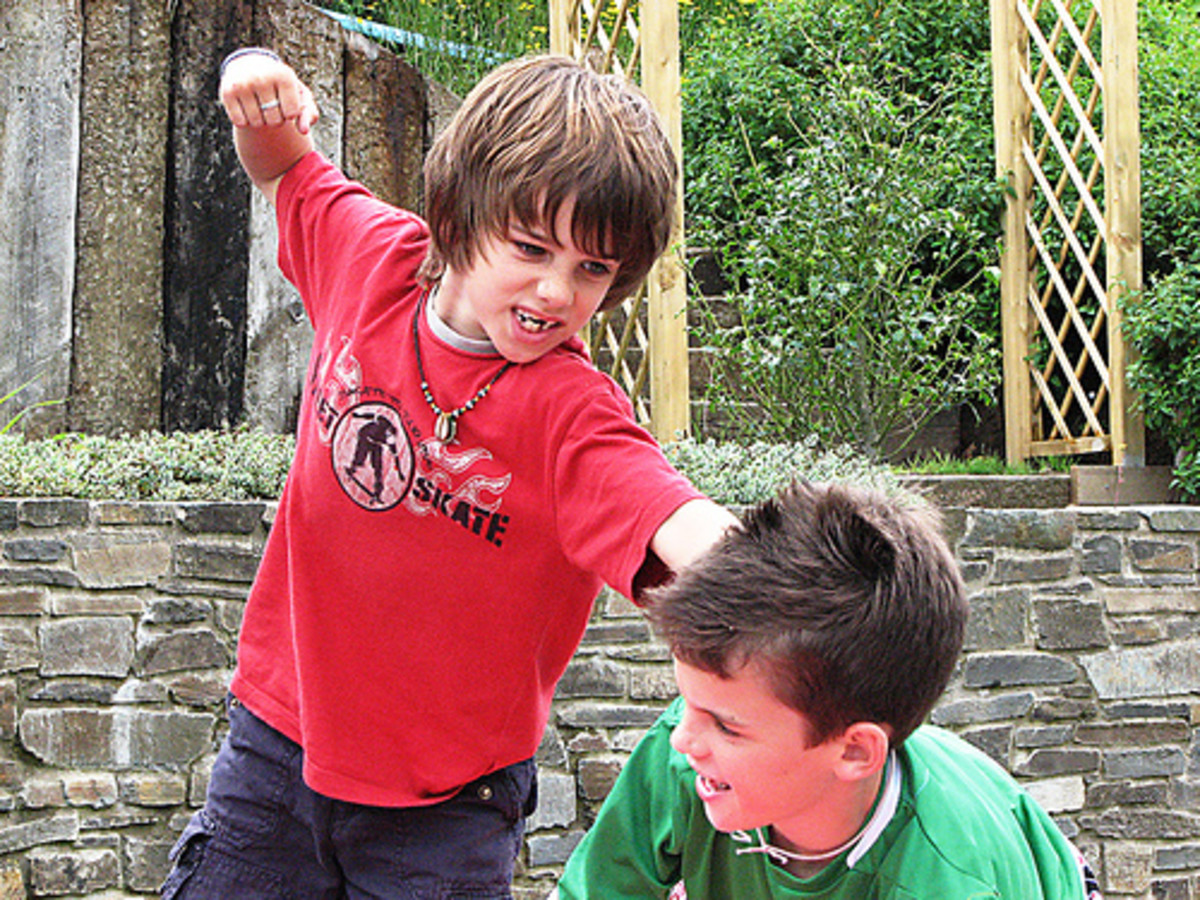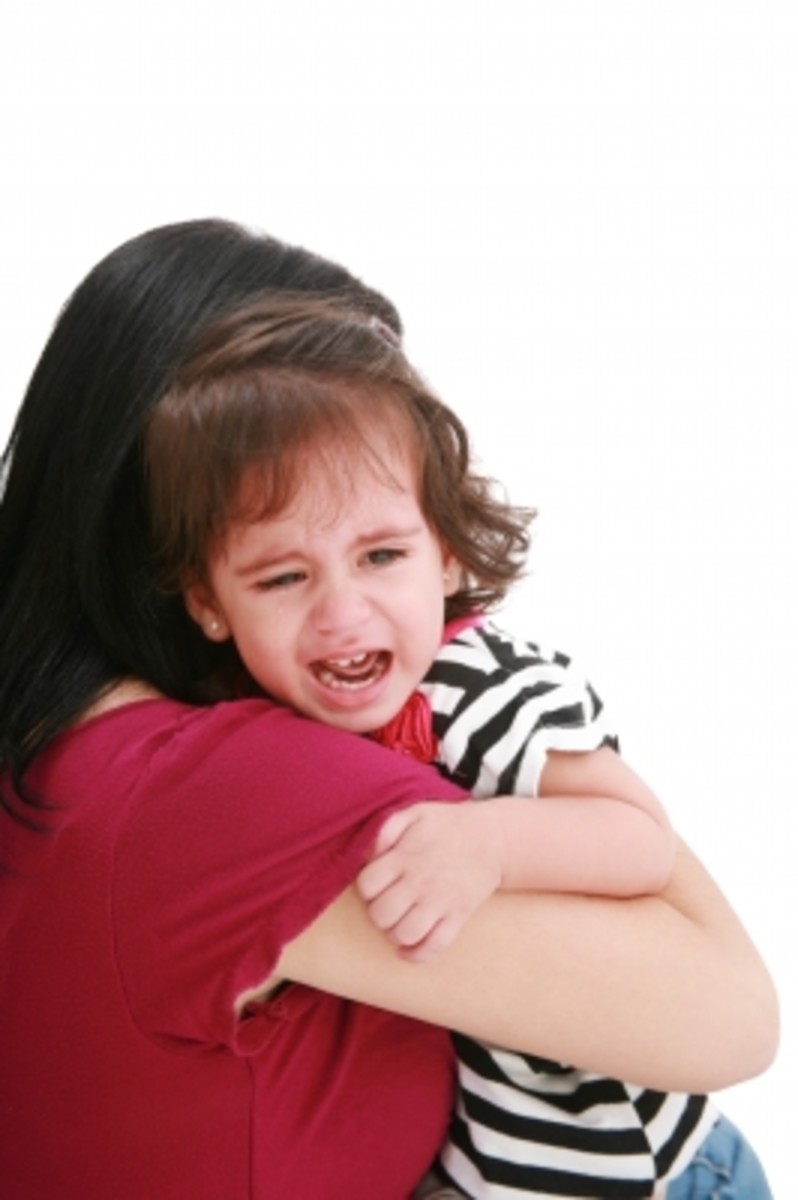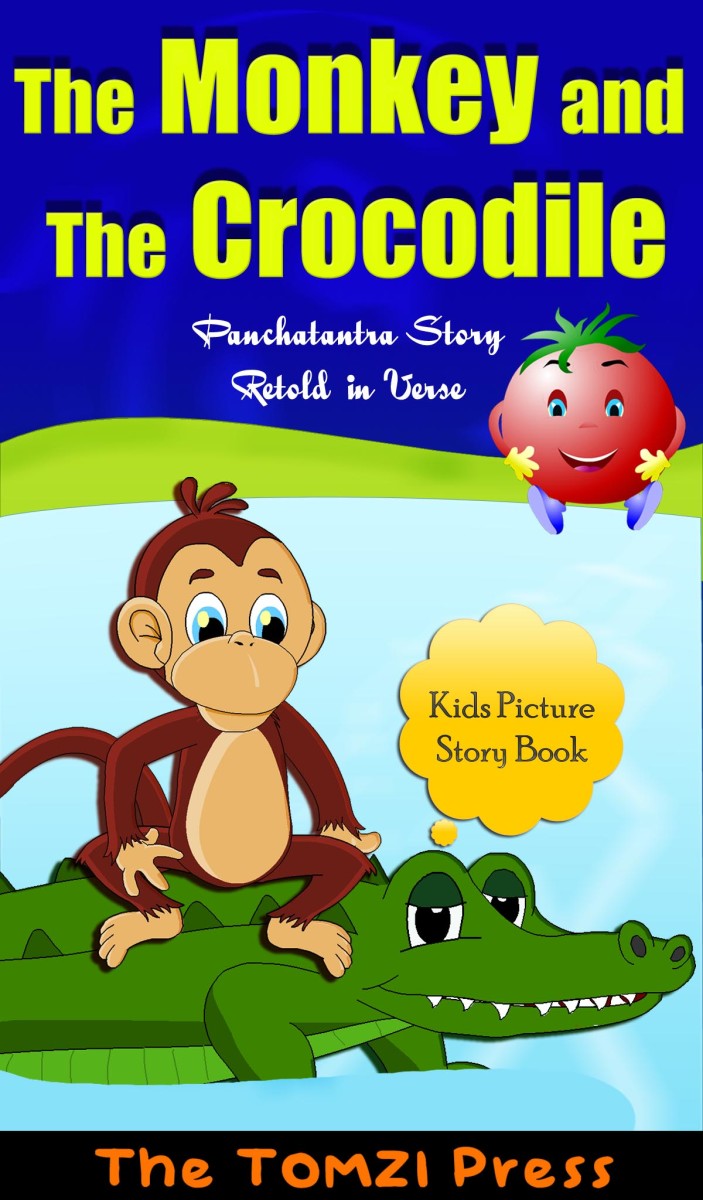Child Endangerment 101
Being a parent is not an easy task because there are so many things you need to do for your child. As a parent, your job doesn’t end with just feeding your child and teaching them life lessons. You also have to know that there are laws that protect kids from negligent and abusive parents. Indeed, you might not classify yourself as an abusive or negligent parent but it does help to know the laws because as an adult with children, they concern you. It is important not just to know your rights, but also to know your child's rights, too.
Laws are a tricky business and Child Endangerment is no different. In fact, it can become extremely difficult to understand for non-lawyers. But here it will be broken down into easy-to-understand sections, terms and definitions.
What is Child Endangerment?
Child endangerment is the term for a criminal act that ends up sacrificing or compromising the safety and/or health of a child. Now, there are many different laws in areas and states and their definitions differ in the sense of who they cover. They also list varied actions and inactions that define child endangerment plus different descriptions on whether or not their offenses fall under their own statutes or if they belong to the wider negligence and child abuse statutes. It is also worth noting that different states and areas have different penalties depending on the seriousness of the offense.
Generally speaking, child endangerment laws were put in place to protect kids that are, under law, minors. Again, the age in which a child is considered a minor varies from area to area but the usual cap is when kids hit their teens. As for older kids with mental and physical handicaps, there are some child endangerment laws that work to protect them especially if they are under the care of another adult, a guardian, or their parents. Typically, such laws cover anyone who holds responsibility over the well-being of children whether it is on a short term or a long-term basis. Parents, caregivers, household members, etc. are under the child endangerment law so long as they have kids in custody. There are some areas with laws that focus on kids who inflict harm on themselves as well as non-caretakers.
What Constitutes Child Endangerment?
Under the California penal code 273 (a), the definition of child endangerment is any action that:
- Willfully inflicts unjustifiable mental or physical suffering to a child
- Willfully allows a child to get injured when it could have been prevented
- Willfully lets a child get into a situation where the child’s health (or body) is put at risk.
It might seem pretty vague to parents and some might even argue that it is not like they can put their kids in a bubble. Also, some parents say that kids’ getting injured is normal since they are kids—they tend to get somewhat careless and excitable. However, there is a fine but very definite line between kids just being kids and child endangerment. Check out some examples of how parents or guardians endanger kids under the child endangerment laws below:
- When a parent strikes his or her kids
- When a parent withholds food and water from a child
- When children are put inside dark and confining places like closets and boxes for extended periods of time on a regular basis
- When a parent or guardian takes a minor to a dangerous place such as a drug den or a brothel
- Driving while under the influence of drugs or alcohol
- Not strapping kids into the proper car seats
There are some areas where child endangerment will fall under the broader category that is child abuse and neglect. There are also some instances where they will require the same fines and penalties regardless of whether actual harm happens to the child or not. There are also some areas where separate laws from endangerment are in place and have penalties that are completely separate from child abuse and neglect. The line between the offenses is usually based on whether the endangerment acts just risked the health and safety of the child or whether actual harm was put upon the child.
Discipline vs. Child Endangerment
There is a grey area where parents usually find themselves in when it comes to things that constitute child endangerment and their right to discipline their kids. As a parent, you have to know right now that disciplining your kids is in the same light as feeding them and clothing them. If the children are to turn into responsible adults who are assets to society, they need constant and consistent discipline. Positive discipline is when a child learns what is wrong and right and learns to control himself. Child endangerment and abuse, on the other hand, results when attempts to control or discipline a child becomes truly excessive and places the kids in danger or injures them.
The Spanking Issue
There are some parents who are for spanking their kids to instill discipline and there are some who are quite averse to this method of discipline. According to some advocates, spanking is a great way to correct the bad behavior of a child if done correctly while some advocates state that spanking just plants seeds for violent behavior. Parents who choose to spank their kids should know that they should do it in a way that doesn’t injure, humiliate or violate their kids. A light tap on the hands or the feet or even the buttocks should be enough to highlight that mommy or daddy means business. But when the spanks start to show marks and break skin, then the parent(s) have gone overboard. Thus, it could be named as child endangerment and child abuse.
Punishment for Child Endangerment
So what happens to parents who are guilty and charged of child endangerment? It really does depend on several factors. Some factors that go into the punishment-making decision include the age of the child, what the endangerment act was, and whether or not the child actually faced any harm. In California, the punishments for adults found guilty of child endangerment could include the following:
- Being sent to prison for a maximum of 6 years
- Probation
- Being asked to pay fines that amount to $10,000 more or less
- Facing getting a “strike” on their criminal record
In most states, the most severe cases of child endangerment (which are also classified as child abuse) carry serious prison terms and some violators even end up with life sentences. Less serious cases get nothing more than gross misdemeanor charges and usually do not have any danger of jail time. Also, parents or adults who have a previous record of child endangerment are bound to face more serious punishment but those who have clear records do not face such stiff punishments.
Can Mistakes be Made?
It is a sad fact that there are times when the law becomes perverted. It actually happens that some parents get accused of child endangerment and neglect when they are, in fact, not guilty at all. As a parent, you could get reported to the authorities if you bring in your kid for a check-up and the staff sees bruises they deem suspicious. Some parents have been accused of endangerment by not taking their child’s injuries seriously. People could report you to the authorities if they sense constant commotion in your house and assume that your kids are getting hurt.







